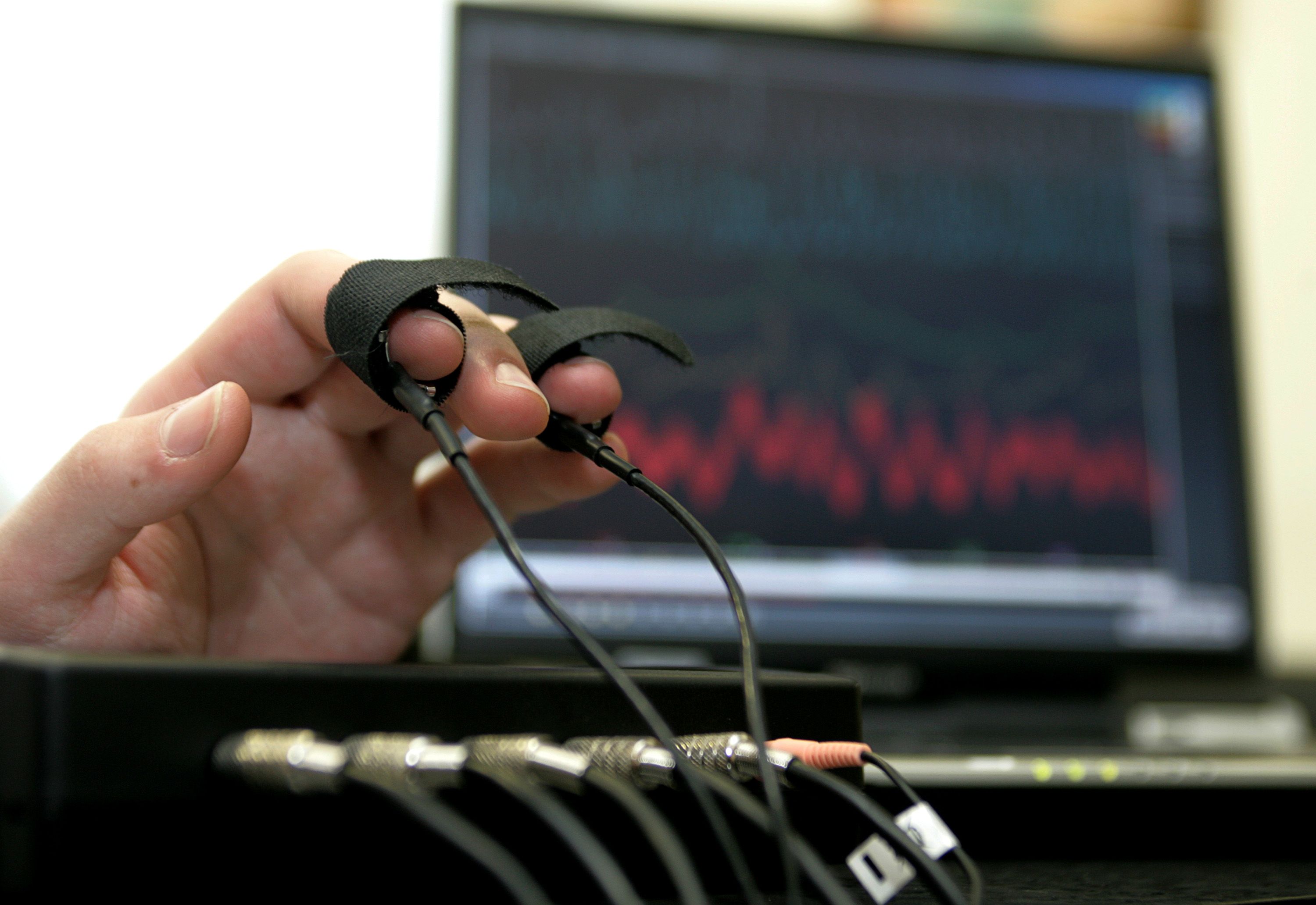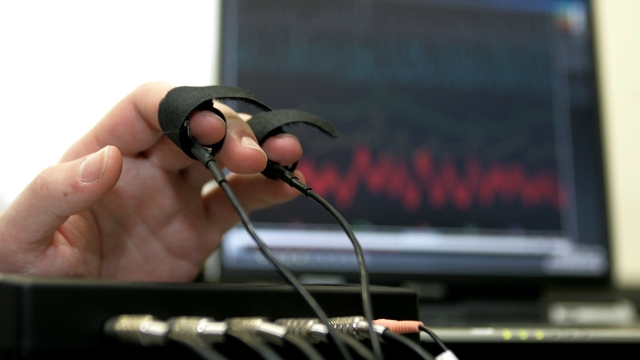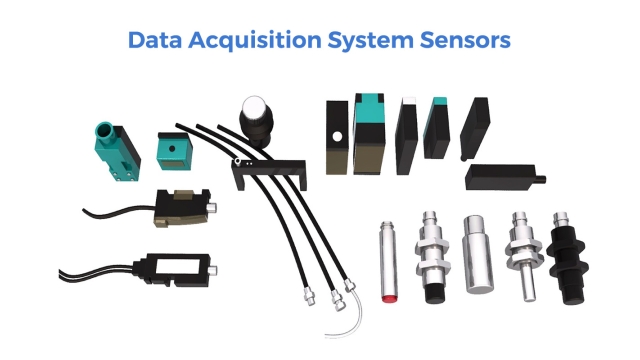
In a world where truth and deception often intertwine, lie detector tests stand as a formidable tool in unraveling the layers of deceit. These tests, also known as polygraphs, have captivated public interest for decades, promising a glimpse into the authenticity of one’s words. The allure of discovering the veracity of statements through physiological responses has not only fascinated the general populace but has also found significant applications in various fields, from criminal investigations to employment screenings. For many, the idea of a machine capable of unveiling the truth hidden within speaks to both our innate curiosity and our intrinsic desire for justice.
History and Development
Lie detector tests, also known as polygraph tests, have a long and intriguing history. The concept of using physiological indicators to detect deception dates back to ancient times. However, it wasn’t until the early 20th century that modern polygraph testing as we know it today began to take shape.
The first polygraph instrument was developed by John Augustus Larson, a medical student and police officer, in the 1920s. Larson’s invention paved the way for the use of polygraph tests in criminal investigations and screenings. Over the years, advancements in technology have led to more sophisticated polygraph machines capable of measuring a range of physiological responses such as heart rate, blood pressure, and respiration.
Lie detector exam
Despite its widespread use in various fields like law enforcement and national security, the reliability and accuracy of lie detector tests remain a topic of debate. Critics argue that factors such as stress, anxiety, or even the skill of the examiner can influence the results. However, proponents believe that when administered properly by trained professionals, polygraph tests can be a valuable tool in uncovering the truth.
Accuracy and Limitations
Lie detector tests, also known as polygraphs, are commonly used to measure physiological responses that are believed to indicate deception. While these tests can be quite accurate in detecting changes in heart rate, blood pressure, and skin conductivity, it is important to note that they are not foolproof. Factors such as individual physiology, anxiety levels, and the skills of the examiner can all impact the accuracy of the results.
In addition to accuracy considerations, lie detector tests also have some limitations. One major limitation is that the results are not admissible as evidence in court in many jurisdictions due to concerns about their reliability. Furthermore, some individuals may be able to manipulate their physiological responses through techniques such as controlled breathing or intentionally creating stress, which can compromise the test results.
Despite these limitations, lie detector tests can still be a valuable tool in certain situations, such as in investigations or pre-employment screenings. When used in conjunction with other evidence and information, they can provide additional insights into a person’s truthfulness. It is important, however, to interpret the results of a lie detector test with caution and to consider them within the broader context of the situation at hand.
Ethical Considerations
When it comes to the utilization of lie detector tests in various settings, ethical considerations play a pivotal role. One of the main ethical dilemmas surrounding lie detector tests is the issue of consent. Individuals may feel pressured or coerced into taking these tests, raising concerns about autonomy and free will.
Another significant ethical aspect to ponder is the accuracy and reliability of lie detector tests. If these tests are not completely foolproof and can be influenced by various factors such as stress or anxiety, the consequences of labeling someone as deceptive based on questionable results can be severe and unjust.
Furthermore, the potential implications of the results obtained from lie detector tests must be carefully handled. It is essential to consider the impact of such tests on an individual’s reputation, relationships, and even employment opportunities, ensuring that the information gleaned from these tests is used responsibly and ethically.

